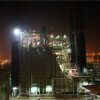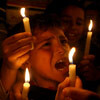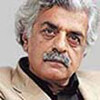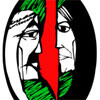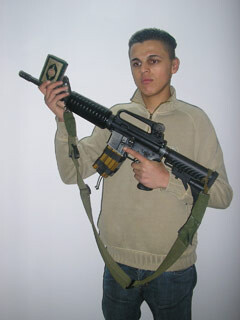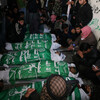
Seven Gazans killed in day of Israeli air, shelling attacks
7 February 2008
On 7 February 2008, the Israeli Occupation Forces (IOF) killed seven Palestinians, raising the number of victims from its military attacks to seventeen persons since the beginning of this month, and 96 persons since the beginning of 2008 in the Gaza Strip. The IOF launched seven attacks in different parts of the Gaza Strip since last night, of which the most affected areas were Khan Younis, al-Nuseirat, and other areas in northern Gaza. Read more about Seven Gazans killed in day of Israeli air, shelling attacks

